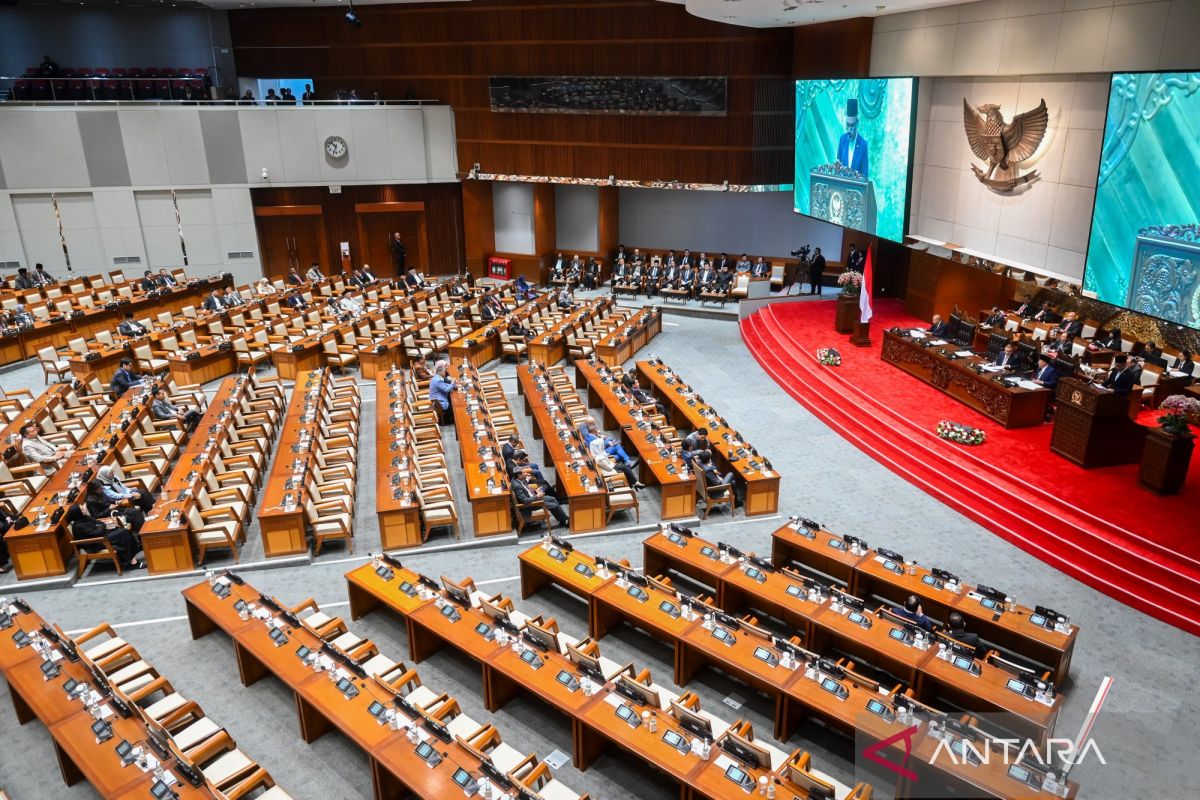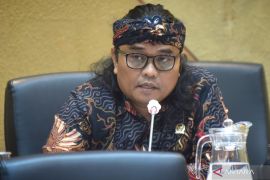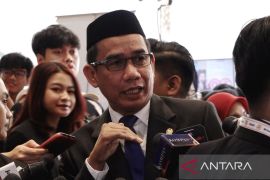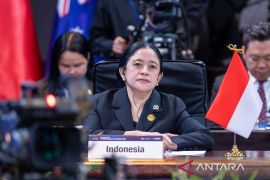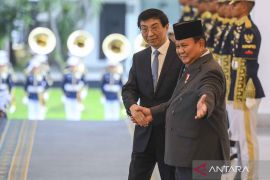Rather than creating a completely new institution, the ministry will succeed the Hajj Organizing Agency (BP Haji) as part of a broader plan to transfer pilgrimage duties from the Ministry of Religious Affairs after 75 years.
The establishment now awaits a presidential regulation from President Prabowo Subianto.
In this light, the emergence of the Hajj and Umrah Ministry is expected to be a turning point that could help resolve various issues in Indonesia’s pilgrimage management.
The government has emphasized that the ministry’s creation is intended primarily to streamline bureaucracy and facilitate cross-sector coordination regarding Hajj and Umrah.
With the ever-increasing number of pilgrims and the growing complexity of technical arrangements, the government believes it is necessary to establish a standalone ministry dedicated to these matters.
The move reflects the government’s commitment to improving governance and services for Indonesian pilgrims. As the world’s largest contributor of Hajj and Umrah participants, Indonesia faces major challenges in logistics, health, and accommodation—areas that require dedicated attention.
The Hajj and Umrah Ministry is expected to be a turning point that could help resolve various issues in Indonesia’s pilgrimage management.
The government emphasized that the ministry’s creation is intended to streamline bureaucracy and strengthen coordination across sectors. With the rising number of pilgrims and growing complexity of technical arrangements, the establishment of a dedicated ministry is seen as a necessary step.
Related news: Prabowo to issue regulation establishing Hajj, Umrah Ministry
Anticipating challenges
Once operational, the new ministry will oversee the entire Hajj process, including registration, training, visa applications, accommodation, and monitoring pilgrims during their stay in Saudi Arabia.
It will also supervise travel agencies and coordinate directly with Saudi authorities, particularly as the Gulf state invests heavily in digitizing pilgrimage services.
It is worth noting that BP Haji itself is a relatively young institution, established only in November last year.
The initial plan was to simply delegate Hajj and Umrah responsibilities to the agency. However, the government and parliament later concluded that a ministerial-level institution is required to revamp Indonesia’s pilgrimage management more effectively.
The plan has been welcomed by major Islamic organizations, including Nahdlatul Ulama and Muhammadiyah, which consider a dedicated ministry essential since Hajj and Umrah are central to Muslim religious life.
Thorough preparations are essential, as the Hajj and Umrah Ministry is envisioned not merely as another expansion of the Red and White Cabinet but as a truly reliable, transparent, and professional institution capable of significantly improving pilgrimage services for Indonesians.
Still, the transition poses challenges. Staffing, regulatory alignment, and integration of information systems must be handled carefully to avoid bureaucratic complications.
BP Haji Deputy Head Dahnil Anzar Simanjuntak has stated that not all agency officials will automatically transfer to the new ministry, as a fair selection process will be applied.
Thorough preparations are essential, as the Hajj and Umrah Ministry is envisioned not merely as another expansion of the Red and White Cabinet but as a truly reliable, transparent, and professional institution capable of significantly improving pilgrimage services for Indonesians.
In other words, the government insists the ministry must be built into a professional, transparent, and reliable institution, rather than just an expansion of the cabinet.
Related news: New ministry to boost health, services for Hajj pilgrims: lawmaker
Seizing opportunities
The transformation also raises the question of what lies ahead for the Ministry of Religious Affairs.
Minister Nasaruddin Umar described the shift as a strategic step to both improve pilgrimage services and allow his ministry to focus more on interfaith guidance and religious education.
In other words, the institutional shift is expected to allow the ministry to devote greater attention to religious matters that are just as important as the pilgrimages of Muslim citizens.
The ministry oversees directorates for Muslims, Christians, Catholics, Hindus, Buddhists, and Confucianists, as well as religious schools at all levels.
In the education sector, the ministry manages and oversees both formal and non-formal religious schools at all levels, from preschool to university.
Even after handing over Hajj and Umrah duties, it will retain a moral responsibility to ensure the pilgrimages proceed smoothly.
In short, the establishment of the Ministry of Hajj and Umrah marks a milestone in Indonesia’s management of pilgrimages while enabling the Ministry of Religious Affairs to concentrate on education and interfaith harmony.
Related news: Prabowo to issue regulation establishing Hajj, Umrah Ministry
Related news: Hajj preparations on track amid institutional overhaul: BP Haji
Related news: KPK suggests pilgrims in 2024 Hajj season testify for Hajj graft probe
Editor: M Razi Rahman
Copyright © ANTARA 2025
